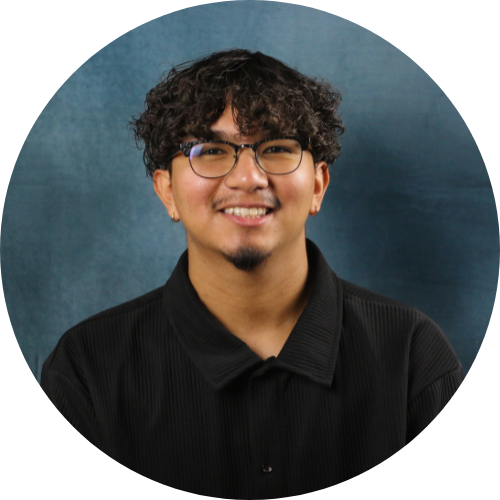“When We Were Colored: A Mother’s Story,” a play based on a memoir written by Eva Rutland, is airing until Nov. 24 at The Guild Theater in Sacramento.
The story centers around a well-educated family and the journey of a middle-class Black woman born and raised in the segregated South who moves to Sacramento in 1952 with her husband and four young children.
Playwright Ginger Rutland said she decided to adapt her mother’s memoir into a play because she wanted to show a different side of Black life, while also dedicating it to her parents Bill and Eva Rutland.
“In Ashland, Oregon I saw a bunch of Black plays, and all of them were really sad,” Rutland said. “I was annoyed that all the theater having to do with Black people seemed to be about crime, drugs or violence.”
The show begins with a book event that was meant to promote Eva Rutland’s memoir during its initial republishing in 2007. Afterwards, the story portrays more romantic elements, as it unveils how Bill and Rutland met prior to having children.
Rutland graduated with a Bachelor’s of Arts from Spelman College in 1937 before marrying Bill in 1942. While in Sacramento, Bill worked as a civilian administrator at McClellan Air Force Base, while Rutland wrote and was a housewife.
Stephen Eich, the director of the play, said that he was first intrigued by the story since it depicted a success story for a Black family without having to recover from bad things, unlike many plots he had seen in live theater beforehand.
“You can look back on this and say nothing happens,” Eich said. “Well, things did happen. The family grew up safe, healthy, confident, educated and loved, and the reason that this story occurred is because of Bill and Eva.”
Throughout the story, the Rutland family navigates the challenges of a supposedly integrated Californian society during the 1950’s. The play often points out the difficulties that came with being Black, despite living in a less segregated area, touching on issues like school and workplace discrimination.
RELATED: Author Eva Rutland holds discussion at Sac State
Eva Shwartz, granddaughter of Bill and Eva Rutland, whose character appeared in the play, said seeing her grandma’s writing allowed her to personally connect with her as a mother.
“What made me fall in love with her was when I realized she had this pain that always bothered her,” Schwartz said. “But she didn’t let it destroy her.”
Rutland underwent a multitude of health issues in her own life. She was forced to have a tracheostomy tube and eventually developed macular degeneration, which caused early-onset blindness.
“She went through several years of choking to death, plus epileptic fits because she could not convert calcium,” Schwartz said. “During this time she was pregnant.”
Ginger Rutland said that her mother went blind at age 50, yet her writing career took off even while having to use a talking computer.
“She went blind and started writing more than she had before,” Rutland said. “She had a full life despite all these health challenges.”
During the performance, spectators laughed and gasped as certain scenes broke the fourth wall. Bill Rutland’s character was a main focal point of this technique in the show, as his dialogue included mentions of modern day political issues and the use of racial slurs.
The play featured a variety of different ‘oldie’ songs, like “I Can’t Help Myself (Sugar Pie, Honeybunch)” by Four Tops and “A Change Is Gonna Come” by Sam Cooke, that helped further reveal the narrative’s core themes of love, growth and equality.
Ginger Rutland said that her parents instilled many major values in her family.
“They left me with a love of family, a belief in hard work, honesty and pride in who we were as Black people and Americans,” Rutland said.
Ginger voiced the significance that her mother’s love of language played in her own life as a writer. She also said her father’s love of reading newspapers and magazines eventually led to her own interest in becoming a journalist.
“We try to get along, pay our taxes, send our children to school. We have aspirations,” Ginger Rutland said. “We’re just like everyone else, and if there is anything I want people to take away, it’s that.”























































































































